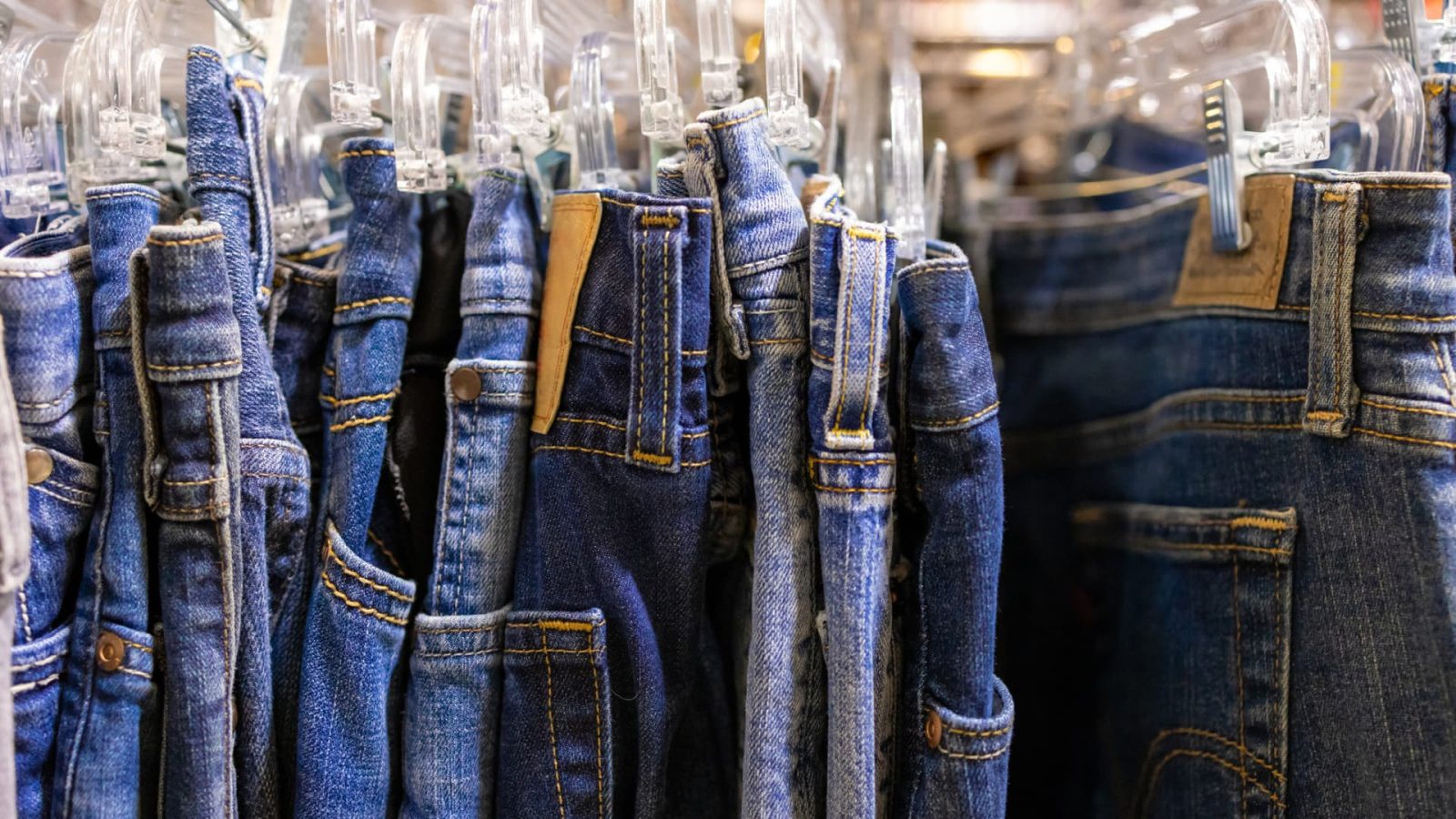For most pieces of clothing, it’s clear they should be washed after a few wears. But jeans can be more divisive, with some even saying to never wash them.
And in parts, Levi Strauss CEO Charles Bergh may be to blame for that. Even though he didn’t quite mean for that to be the main takeaway from an event he spoke at in 2014.
“I never said don’t wash your jeans,” he clarified in conversation with CNBC’s Christine Tan as part of the “Managing Asia” show broadcast last month.
Bergh still doesn’t use a washing machine to clean his denim. “True denim heads, people that really love their denim, will tell you to never put your denim into a washing machine. So that’s what I do.”
Denim lovers often say washing jeans will impact their shape and color, while keeping them unwashed will improve their appearance through creases and exposure to the elements. Not washing them is also said to make them last longer as it will prevent the denim’s fibers from wearing down — which could lead to holes or rips.
But Bergh also doesn’t just leave his jeans to get messy and covered in dirt.
“If I drop some curry on my jeans, I’m gonna clean it. But I’ll spot clean it. And if they get really gross you know, if I’ve been out sweating or something and they get really gross, I’ll wash them in the shower,” he said.
This means keeping jeans on in the shower and covering them in soap as you would your body, Bergh explained.

Washing jeans is in fact a major part of the clothing’s carbon footprint, Bergh said. The denim industry consumes a lot of water on the production side, he noted, but the amount of times consumers wash their products also plays a role.
In the U.S. people may wash their jeans after every wear, he pointed out, while in other regions of the world the clothes would go in the washing machine after every few wears.
The debate about how often we should really be washing our clothes has expanded from jeans in recent years. Controversy about how often people wash their pajamas and bedding for example has broken out several times on social media recently, prompting discussions about what is and isn’t hygienic.
Hygiene is however not the only argument — as Bergh points out, washing machines use a lot of water. Washing clothes less could therefore be good for the environment, some sustainability experts suggest, especially as our, often synthetic, clothes also release microplastics when washed, which contribute to plastic pollution.
So while not everyone may be satisfied with keeping their jeans out of the washing machine — putting them, and other clothes, in it less frequently may be something to at least consider.
Read the full article here











Leave a Reply